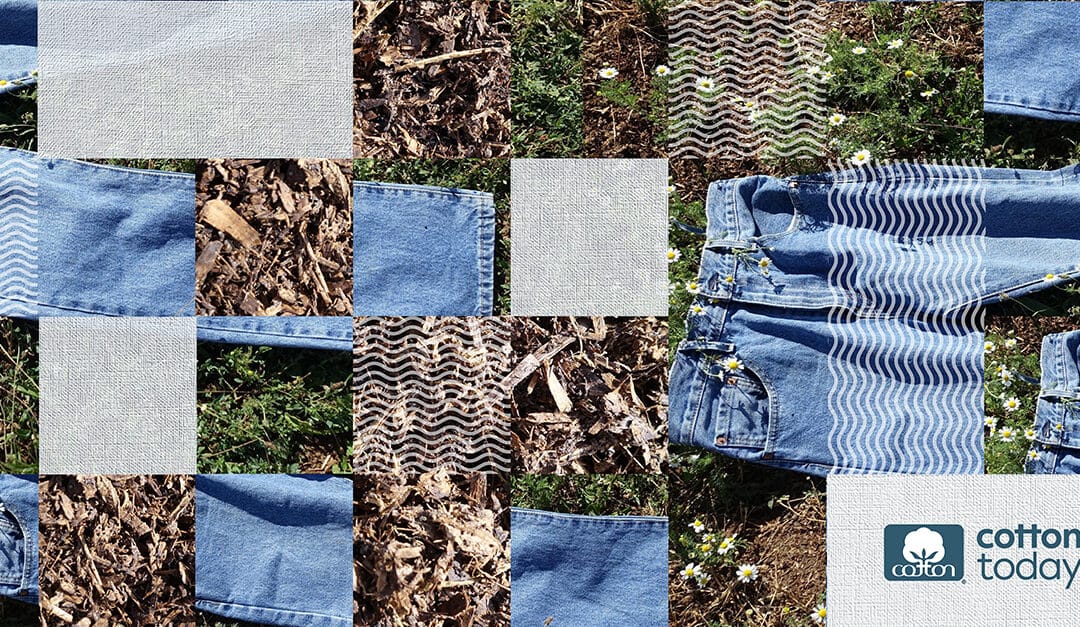


Collaborating for a Smarter Cotton Future
We are thrilled to share U.S. Cotton Trust Protocol and Cotton Incorporated have been awarded the 2023 Collaboration of the Year Award by Field to Market: The Alliance for Sustainable Agriculture®. This award recognizes outstanding collaboration and cross-sector...
Cultivating Sustainability: How Regenerative Agriculture Is Transforming the Cotton Industry
Regenerative Agriculture is an approach to farming and land management that focuses on restoring and improving the health of ecosystems, soil, and biodiversity while also enhancing agricultural productivity. It is a holistic and sustainable farming practice that seeks...
Why Fashion Needs to Make a Bigger Effort to Be...
If fashion is to move to the future, sustainability must be at the forefront, which means moving away from synthetic, microplastic-producing textiles. And Plastic Free July might just be the opportune time to examine the benefits of moving toward natural fibers like cotton.
